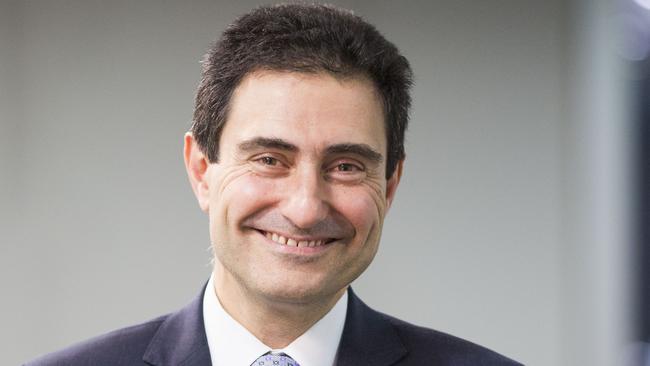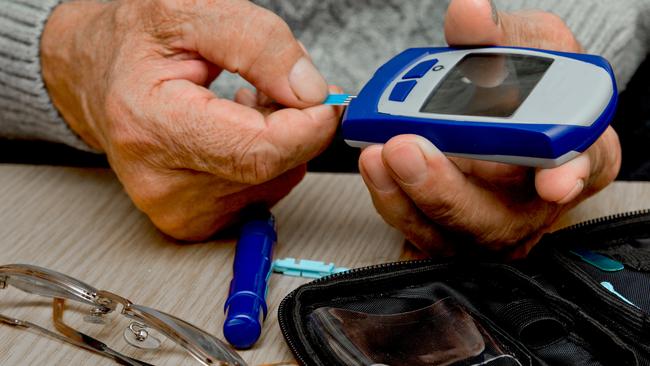Patients worldwide failed by major flaw in prediabetes treatments
The global standard treatment for prediabetes does not work in up to half of all patients, a shocking new study has revealed.
Victoria
Don't miss out on the headlines from Victoria. Followed categories will be added to My News.
The global standard treatment for pre-diabetes does not work for up to half of all patients, a shocking review has found.
It means countless patients have undergone intensive diet and lifestyle programs that were never going to work for their type of pre-diabetes, with researchers now trying to find an alternative.
The concerning findings could prompt an overhaul of prediabetes testing and treatment and were shared by an international group that included Melbourne’s Baker Heart and Diabetes Institute.
They found that the standard lifestyle interventions significantly reduced patients’ risk of developing type II diabetes risk, but only if they had a type of prediabetes called Impaired Glucose Tolerance (IGT).
The review of more than 2700 patients, published in Diabetes Care, found those who had normal blood sugar except for when fasting – called isolated Impaired Fasting Glucose – did not respond to the treatment.

Baker Institute deputy director Jonathan Shaw said between one half and a third of all pre diabetics fall into this category, meaning researchers urgently needed to find a successful treatment for them.
“We really need to find out what it is we can do for these people,” Professor Shaw said.
Two million Australians have pre-diabetes.
He said he was “optimistic” they would find something and IFG might requires stricter, more intense lifestyle changes, such as a low, 1200-calories-a-day diet.
“We speculate that you quite possibly need a more aggressive program, perhaps more focused on diet and weight loss, than the current programs which are equally focused on diet and exercise,” he said.

Professor Shaw said while they will not hurt anyone with IFG, their study suggests only patients with IGT should enrol in the current programs.
“If you’re going to commit to a relatively intensive program that’s been designed specifically for preventing diabetes, you probably should have a test that demonstrates that you are the kind of person who would benefit from that,” he said.
He said the glucose tolerance test, which is one of the two main tests used to diagnose the condition, only detects pre-diabetes in patients with IGT and therefore could be used to determine suitability.
Australian Diabetics Society president and The Alfred’s Professor Anthony Russell, who was not involved in the study, said: “These findings may have significant consequences for how testing for pre-diabetes should be performed in Australia and the enrolment criteria and type of lifestyle intervention offered.”
Prof Shaw said while it was concerning to learn the standard treatment only reduced diabetes risk for a subset of patients, it was important to stress IFG patients were not harmed by the program and general lifestyle changes were still important.
“It would still have been good for their heart, their circulation, their fitness,” he said.




